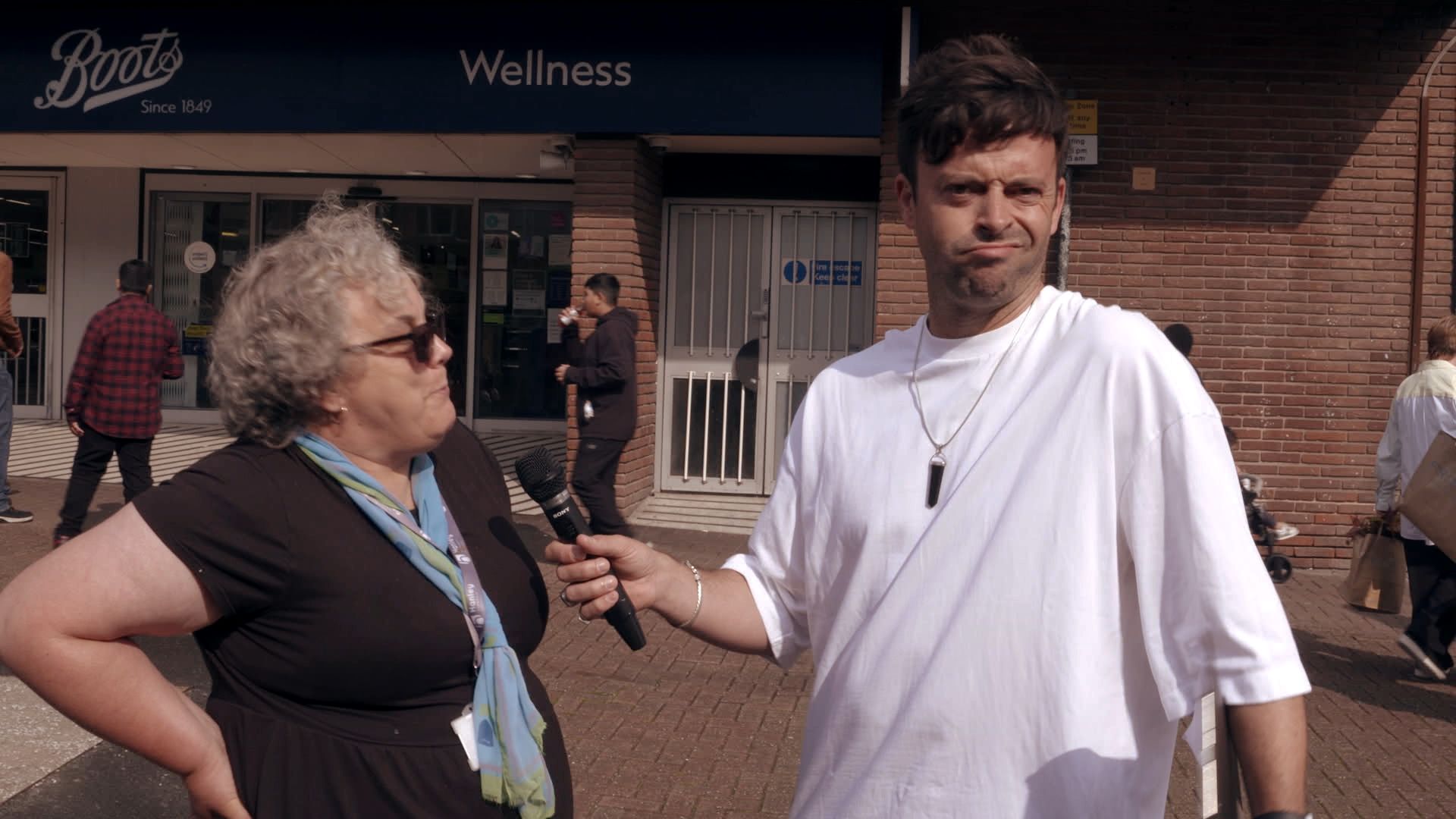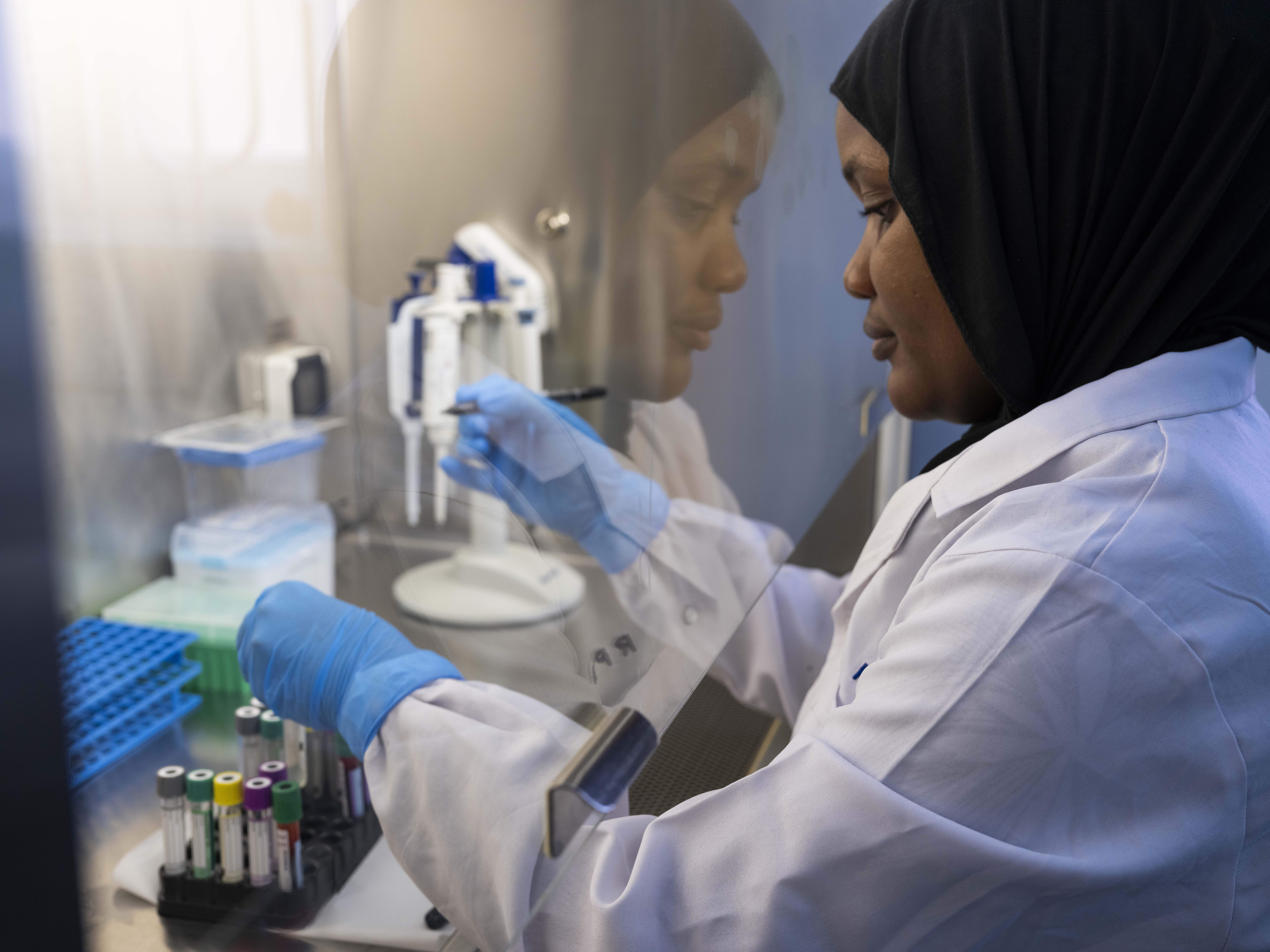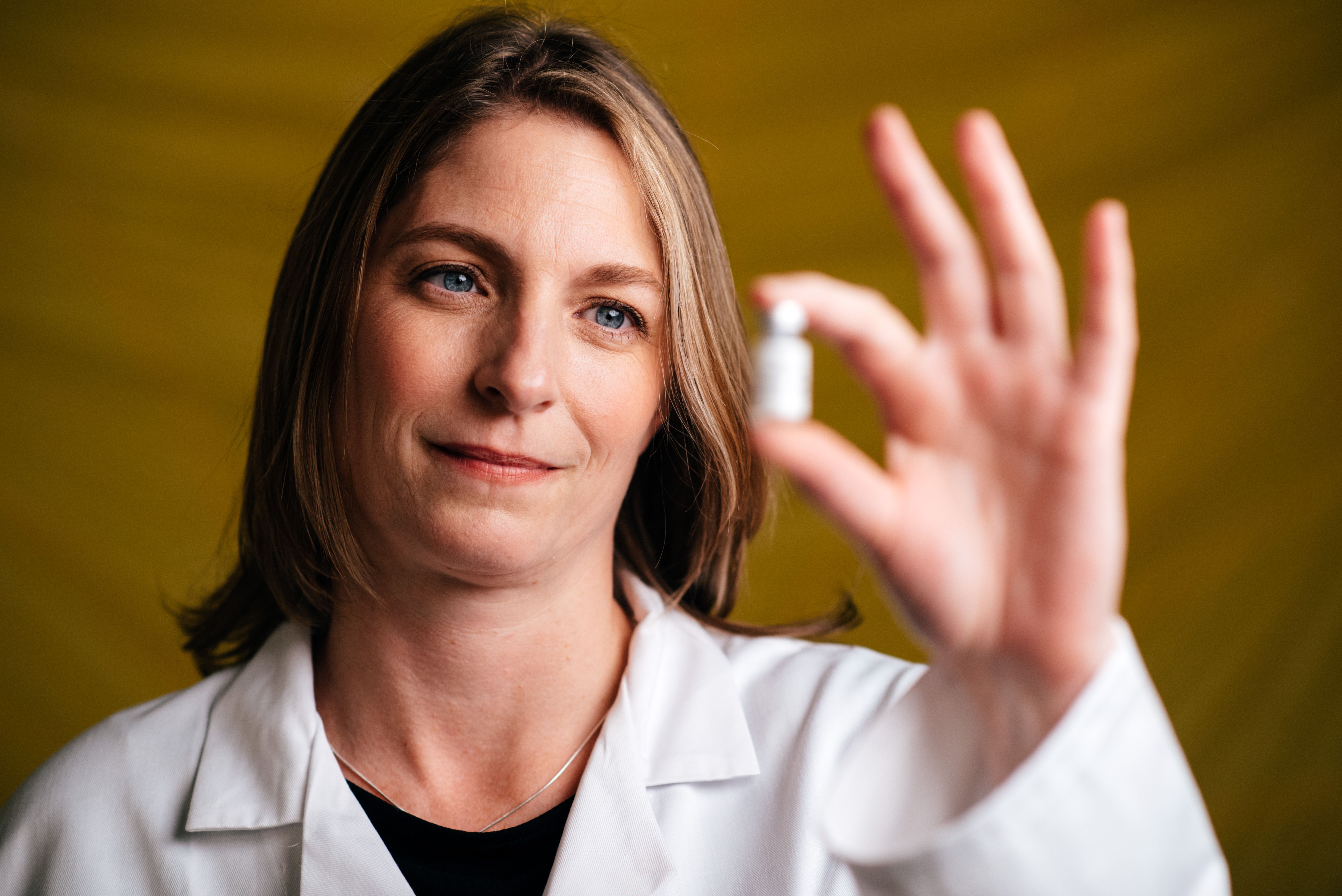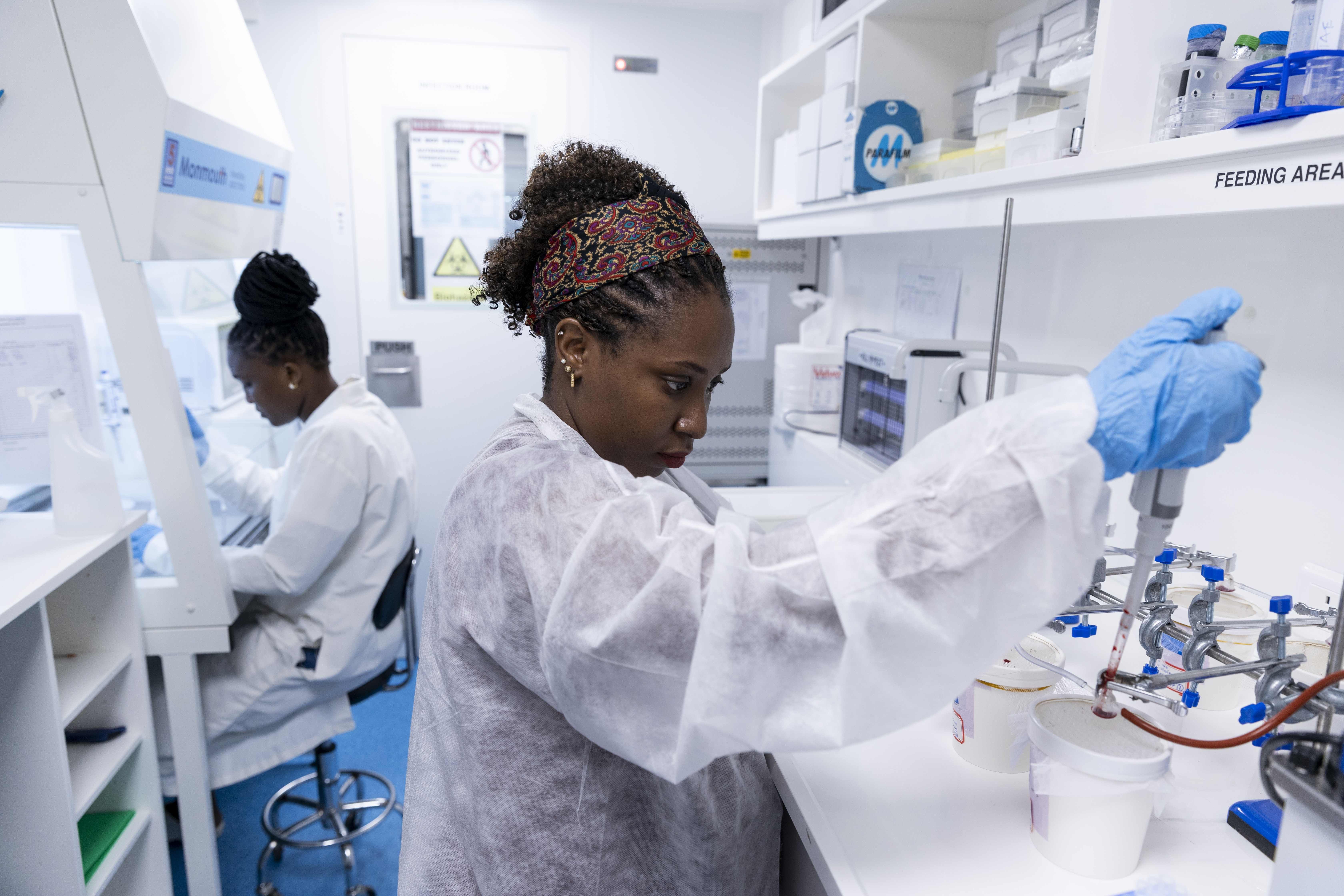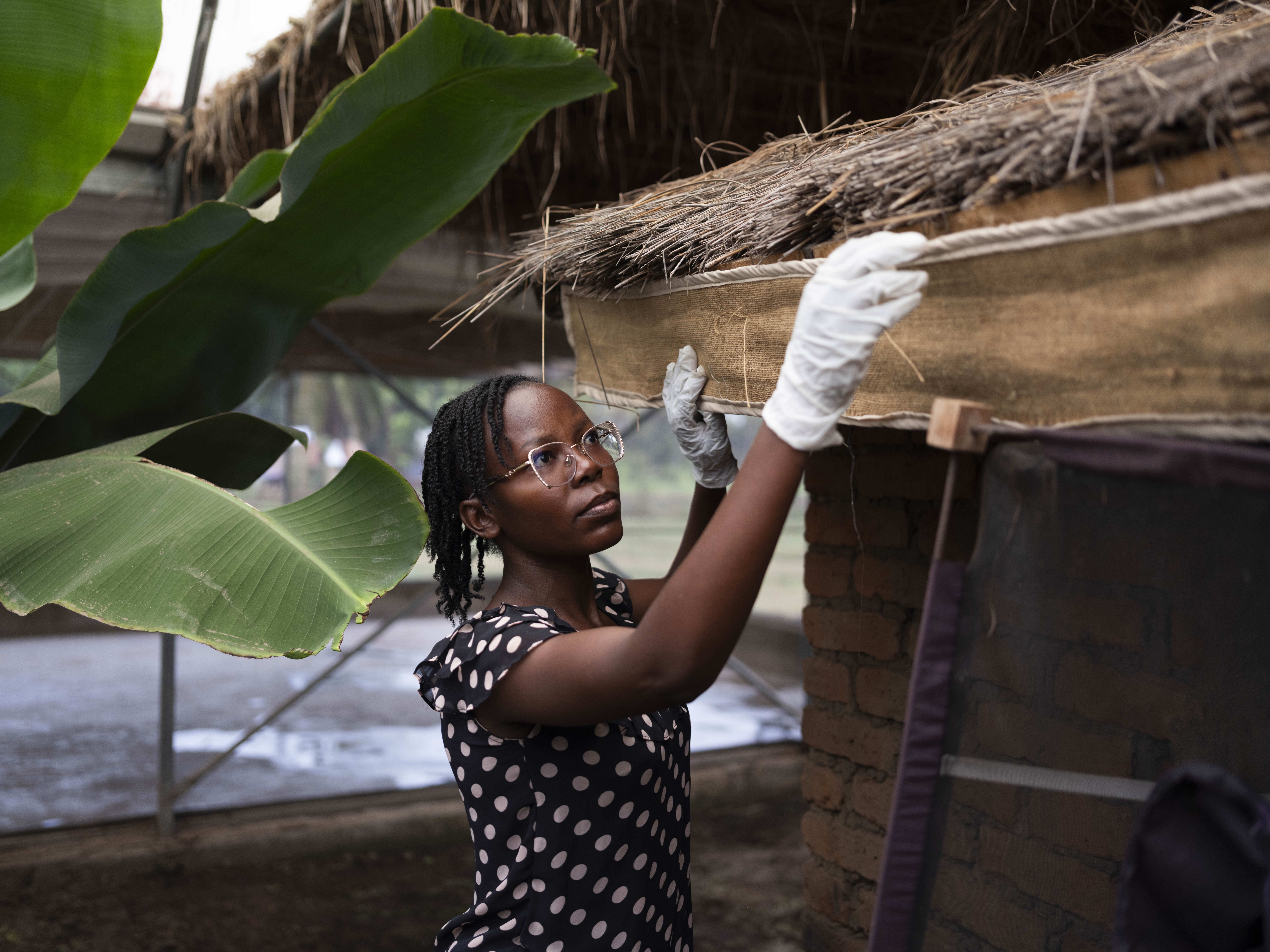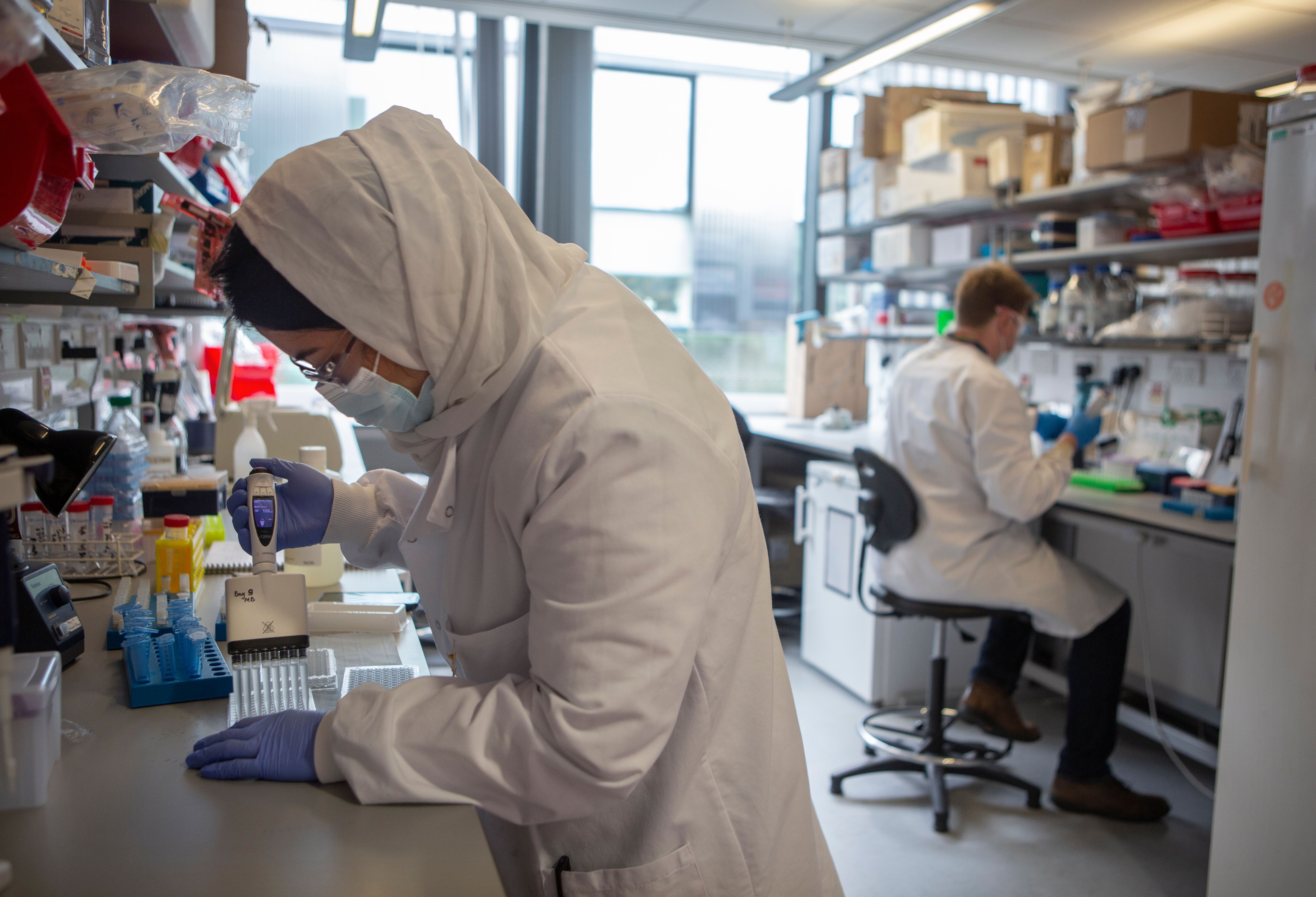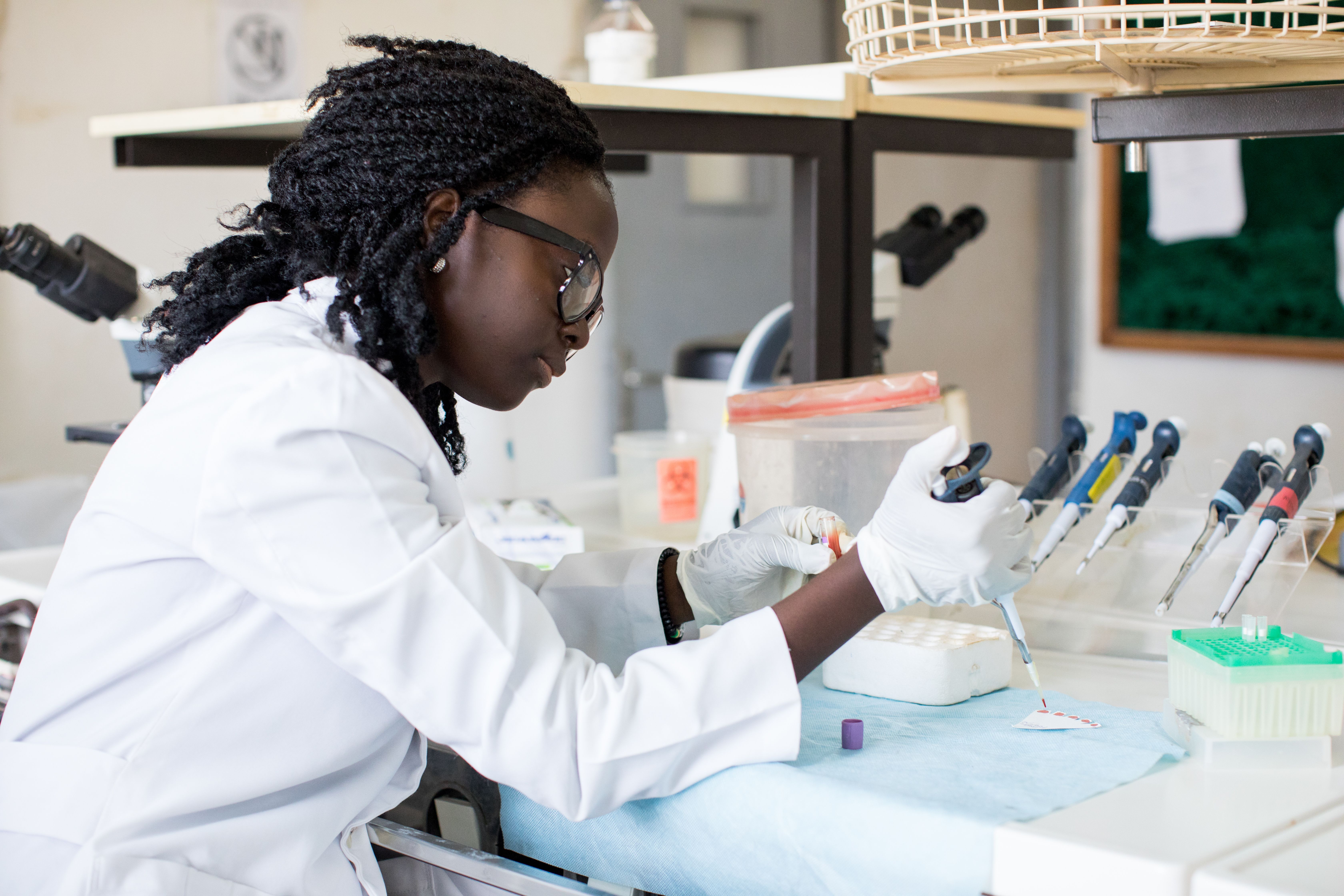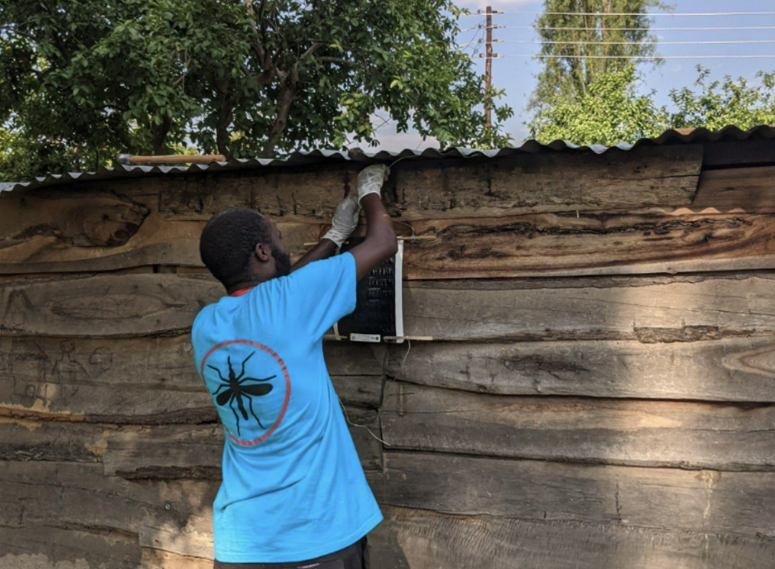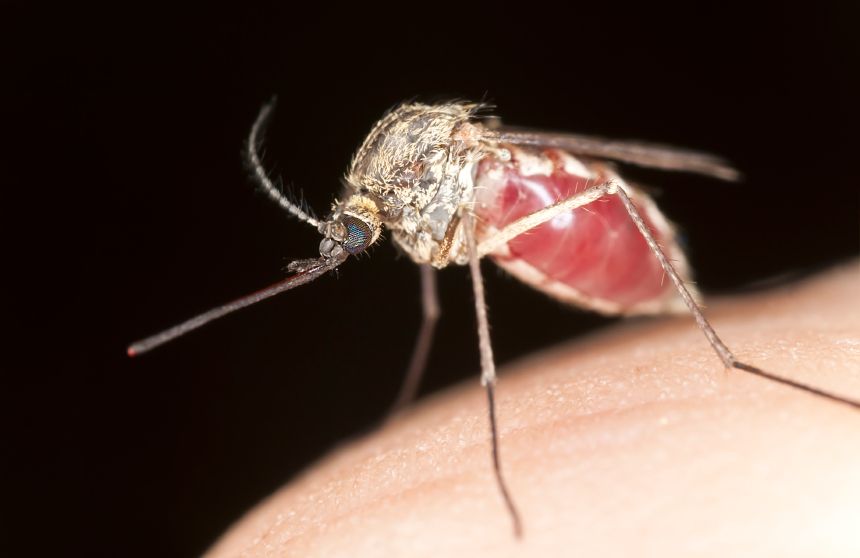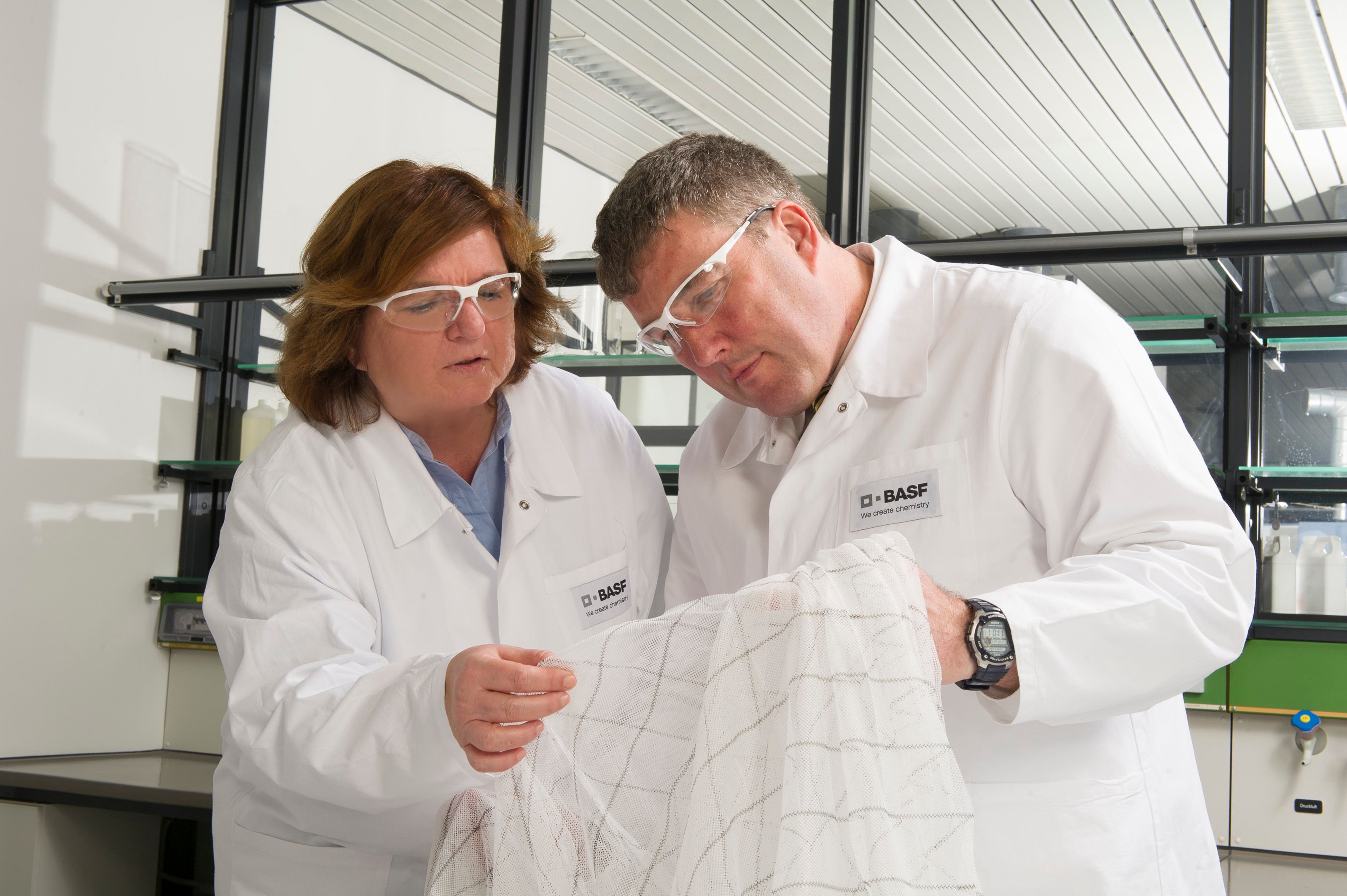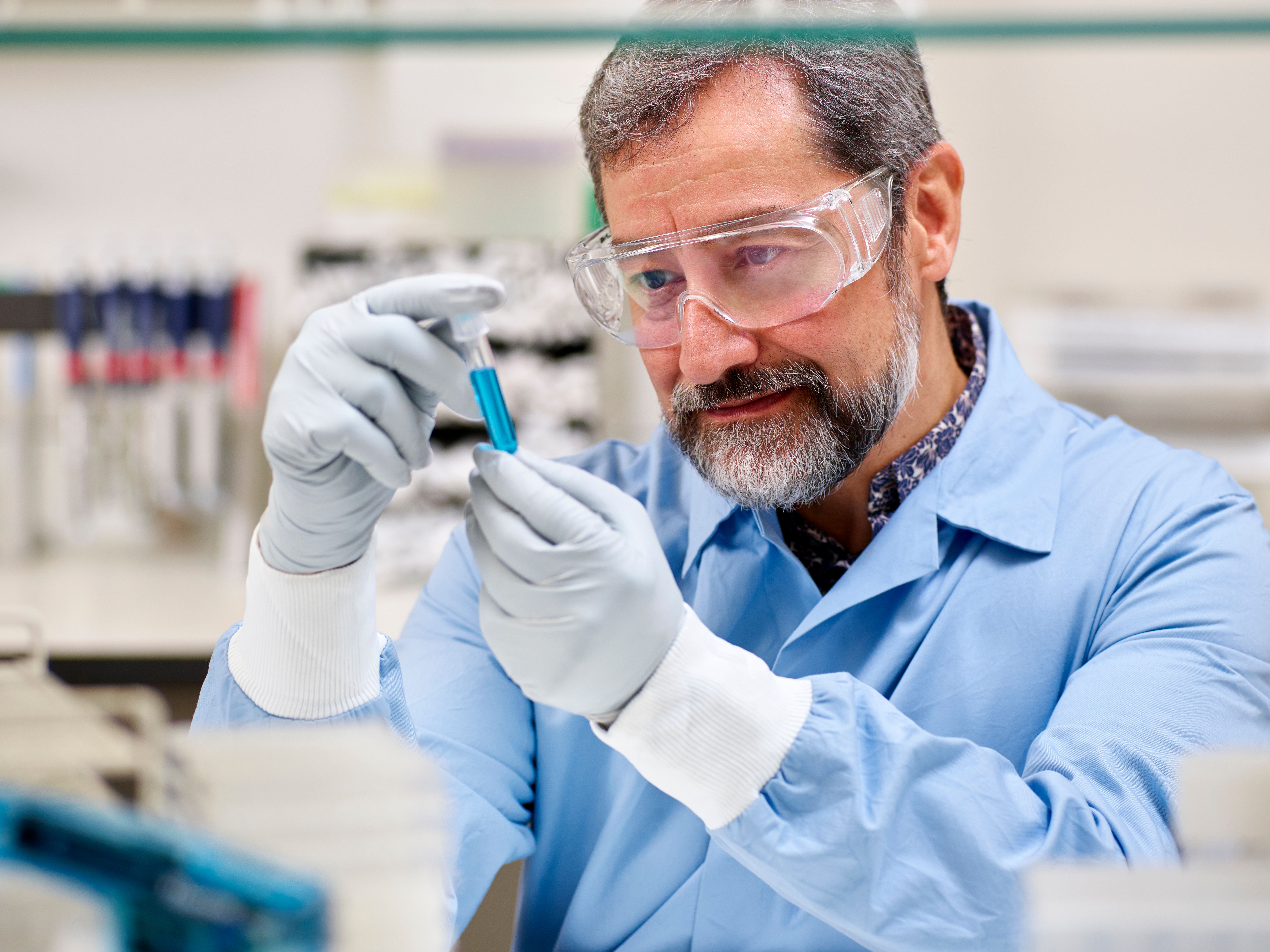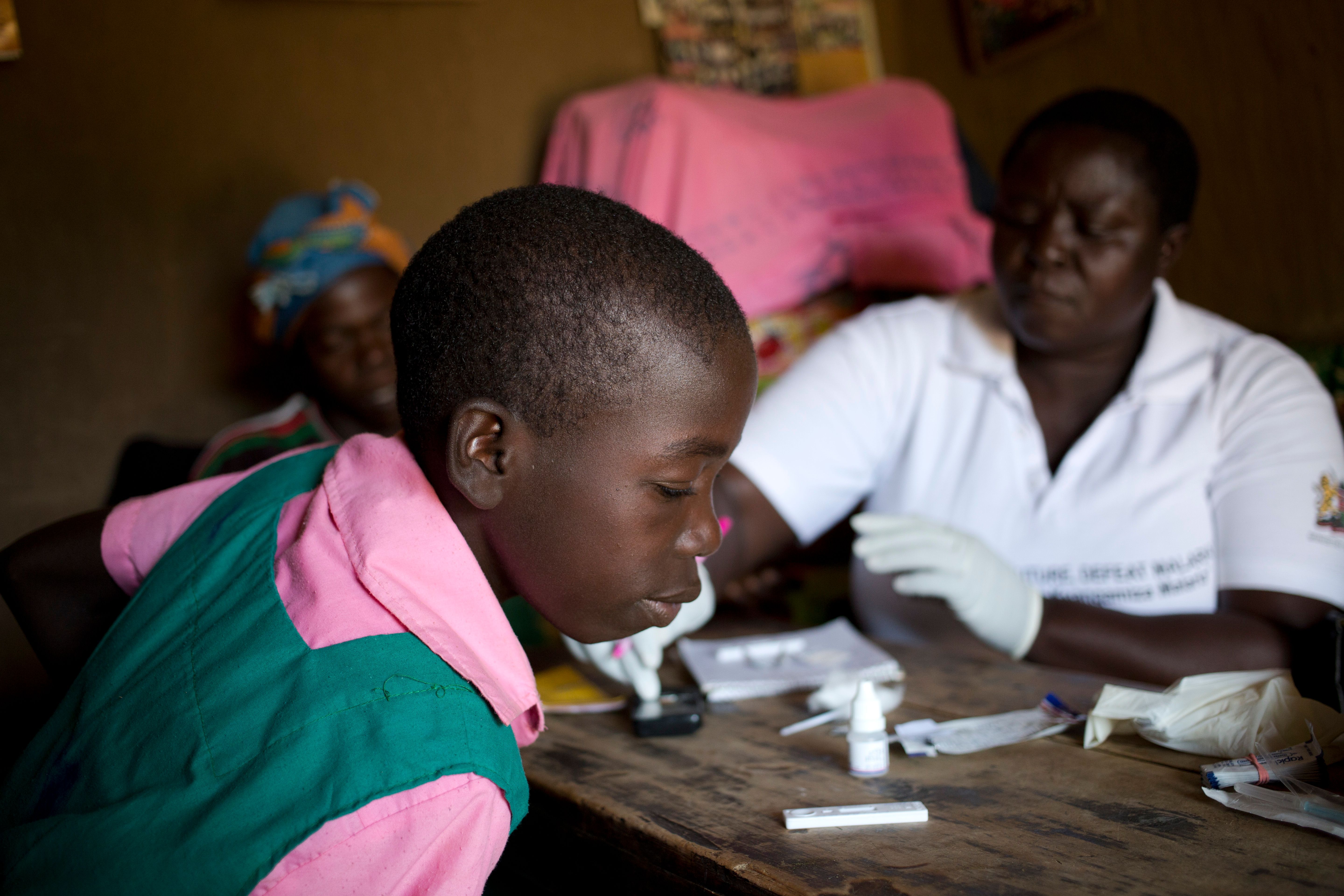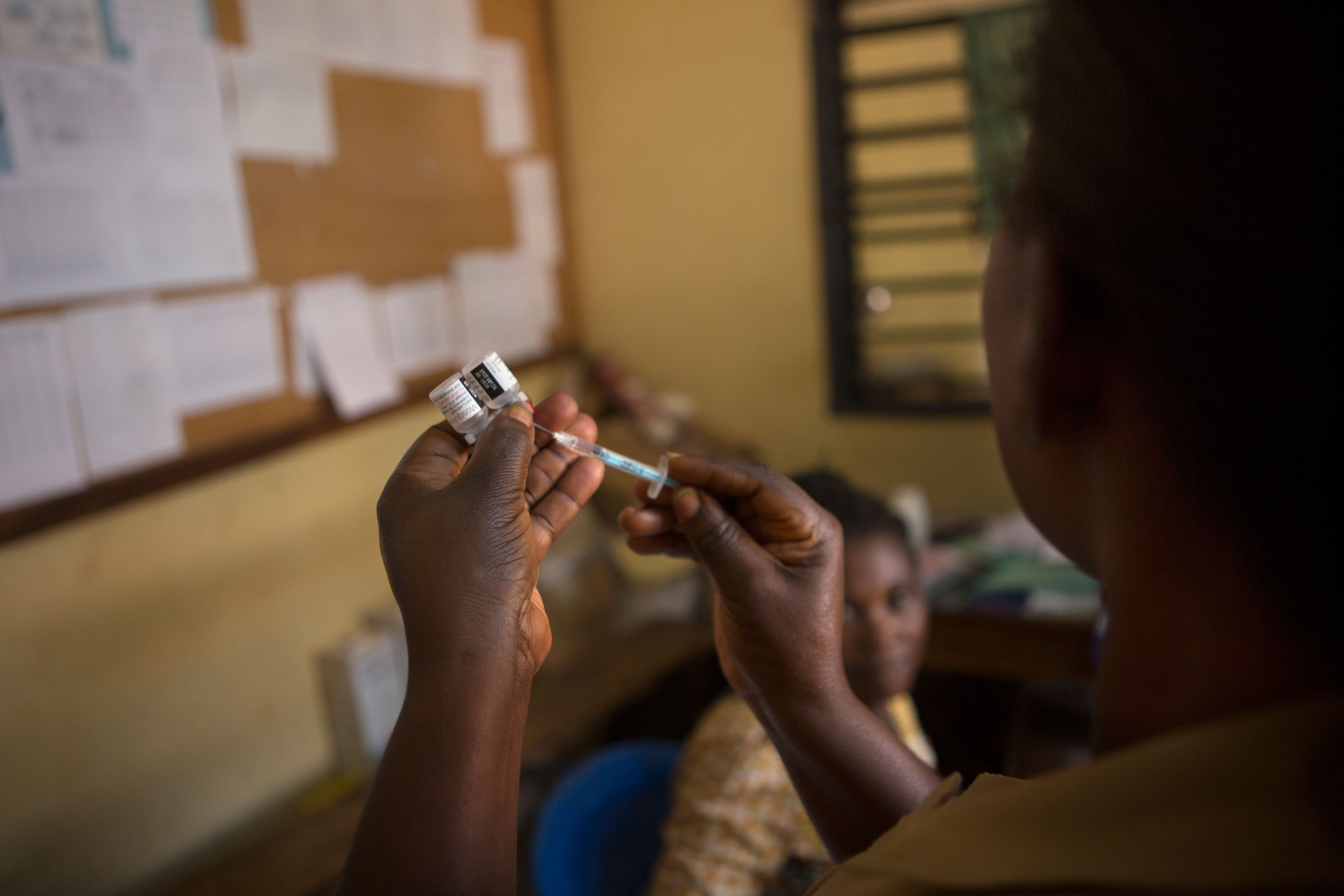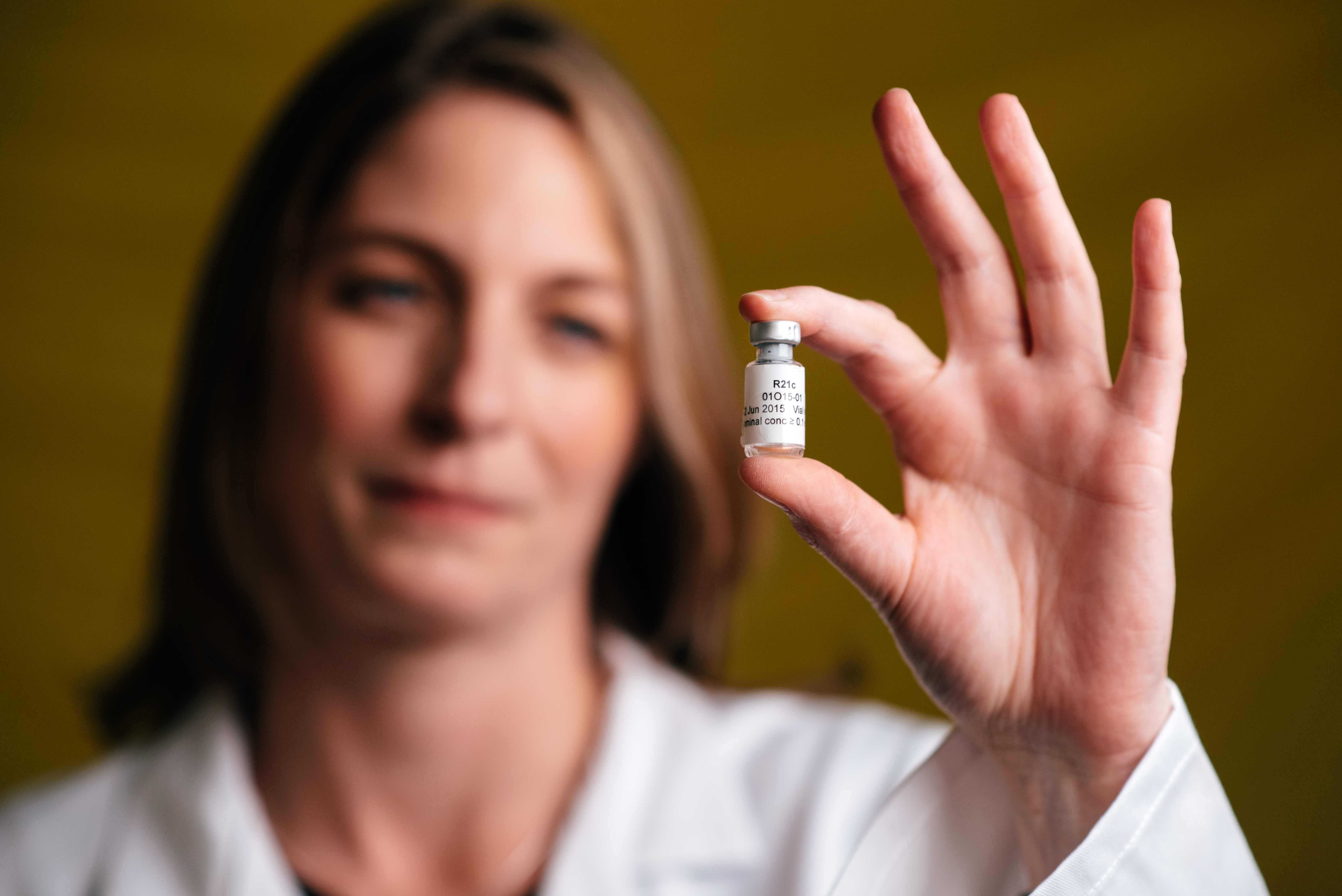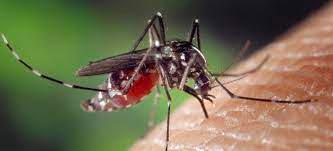About us
Britain and its partners have already saved more than 10 million lives and prevented 1.7 billion malaria cases. More countries than ever are on the cusp of elimination, but we can't stop now. The fight isn't over, and the job isn't done.
Since 2000, thanks to UK and global efforts the malaria death rate has been halved.
But, malaria still takes a devastating toll on families, communities, and countries - with a child dying every minute.
British scientific leadership has been at the forefront of the malaria fight, with breakthrough tools such as the first-ever malaria vaccines, treatments, and next-generation bed nets.
Consistent polling shows that the public backs Britain working with global partners to end malaria and supporting the science sector to do this.
So we're calling on the UK Government to take the right steps - to get the job done and commit to ending malaria for good.
We're Britain. Saving lives is what we do.

